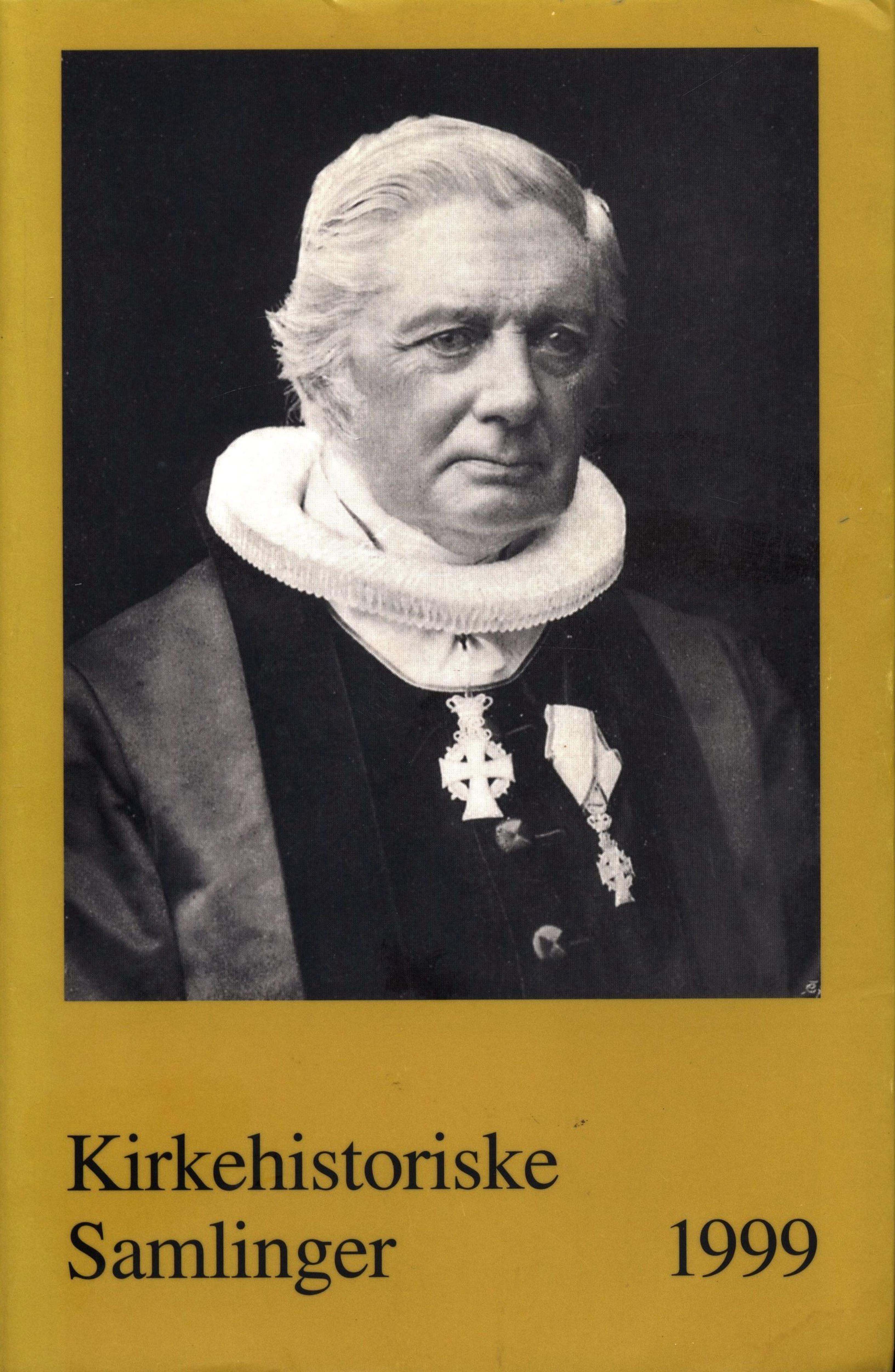Publiceret 15.12.1999
Citation/Eksport
Copyright (c) 2024 Tidsskriftet Kirkehistoriske Samlinger

Dette værk er under følgende licens Creative Commons Navngivelse – Ingen bearbejdelser (by-nd).
Resumé
This essay about the Danish Carmelite Poul Helgesen concerns his view on the church and the clergy. My thesis is that he values both very highly, but former studies by various scholars have not always agreed on the subject. My studies of Poul Helgesen's own scriptures have indicated that, for him, the connection between church and clergy is very close. When the church is led by good and honourable men, as in the Apostolic days, which for Poul Helgesen stand as the Prime of Christianity, no harm or schism can damage the church. Unfortunately incapable men have been misguiding the church into a moral and theological decline and because of that heretical factions have emerged. The solution to that serious problem Poul Helgesen finds in a reform of the church. Still he never wanted to leave the Roman Catholic Church, for him the only church, because outside the church there is no salvation. In view of his rather direct attacks on the defects and mistakes in the church, and at the same time many disputes with his former pupils and fellow friars, who stood as frontfigures in the early start of the Danish reformation, Poul Helgesen found himself fighting on two different fronts. In the book “Mod Malm0bogen”, (“Against the Malmøbook”), Poul Helgesen describes his three different “Ways”, two bad and one good. The first Way is taken by those who fall from the old church and now despise everything old, as though they had never been following any of God's precepts or his will. The second Way is quite opposite. Here they despise everything new and defend everything old, both the good and the bad. They turn a blind eye to the mistakes and the errors. They defend the external forms of the church but lack in devotion, charity, purity, piety and justice. The alternative to those two Ways is the third Way. It is taken by good, fair men, who give honour and glory to Christian things. They remove all actions of sin from the church and reestablish genuine Christian values. It is remarkable how much Poul Helgesen stresses the duty of the clergyman instead of his rights and power. Unfortunately the church has degenerated. Churchmen have forgotten their spiritual obligations and turned their minds towards power, money and worldly prestige. The church has been corrupted by its own members and has allowed the secular authorities to become independent. At the same time unqualified clergymen have taken over most of the important clergies. Poul Helgesen wanted a reform of the church, but in his view it should and could only come from clergymen themselves. Commom man had no right to rebel against the clergy, but on the other side the men of the church had the resposibility to guide the common people in the right way, namely the way to salvation. The problem of course was to make churchmen realise the need for reforms. For that to happen it requires a new wave of piety and that should include both the clergy and the ordinary people, but ought to emanate from the church. That is the main reason why Poul Helgesen chastises the ignorance and avarice in the church, which we for example can read about in the book “Skibykrøniken”. In fact Poul Helgesen had expected that the rescue of the church was imminent with the emergence of Biblical Humanism, which aimed to provide better schools and more Bible studies and thereby to avoid the decline in the church. The main goal was to obtain pia eruditio et erudita pietas, that is a unity of pious education and educated piety.

